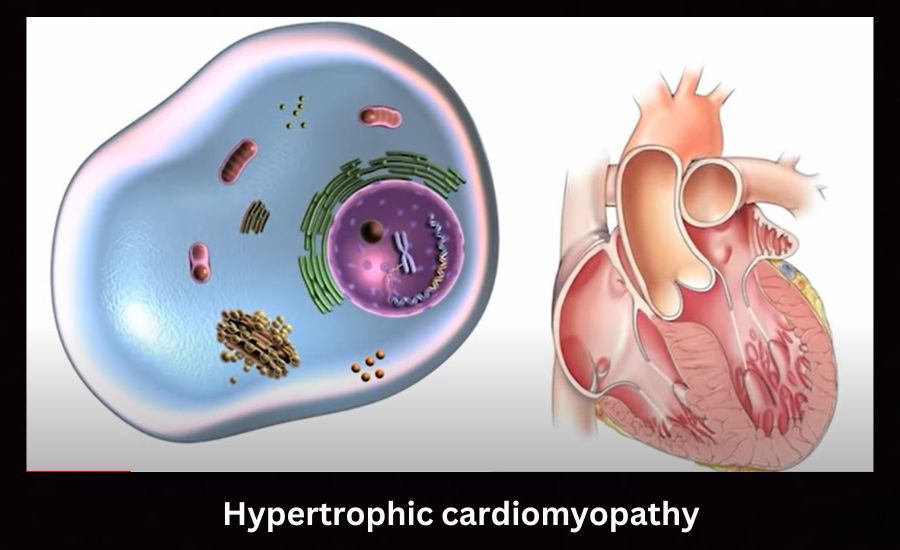Hypertrophic cardiomyopathy—let’s break it down a little.

HCM is underdiagnosed because many people live their whole lives without knowing they have the disease.
Hypertrophic cardiomyopathy (HCM) is a condition in which the heart (cardio) muscle (myopathy) becomes too thick.
Hypertrophic cardiomyopathy (HCM) is a genetic cardiomyopathy.
Patients are born with a gene that causes the heart muscle to become thicker than it should be.
HCM can be a silent disease and many people live their whole lives without knowing they have the disease
Many patients develop heart rhythm problems at some stage of life and are at risk of sudden death. In such a situation, a correct diagnosis at the right time is very important.
Sometimes the first sign of the heart disease Hypertrophic cardiomyopathy can cause sudden cardiac death
HCM can also cause stiffness in the heart muscle and obstruct the outflow of blood from the heart.
The patient may have symptoms such as shortness of breath, chest pain, fainting or dizziness
If you notice any of these symptoms, you must consult a doctor.
For example, a young athlete may need to have an electrocardiogram (ECG) and echocardiogram if they faint during practice.
HCM is generally not very rare. According to statistics, one in every 200 to 500 people around the world suffers from HCM disease. The problem is that this condition often cannot be detected.
We are trying to raise awareness in the community about the disease and ensure that healthcare teams are well trained and qualified so that they do not miss a diagnosis when looking at the imaging of these patients.
HCM symptoms appear at an early age in some people, such as in their teens or 20s; other people may develop symptoms later, such as in their 50s.
To find out if you have a genetic factor for HCM, you need to know your family history and pay close attention to whether anyone in your family was told they had thickened heart muscle or whether a family member died suddenly at a young age.
Genetic testing is available for people who suspect HCM and for family members of affected patients. This testing can help identify other diseases that may look like HCM.
We have new treatments that can treat these patients surgically or medically, so getting the right diagnosis can increase the patient’s chances of survival and improve quality of life.